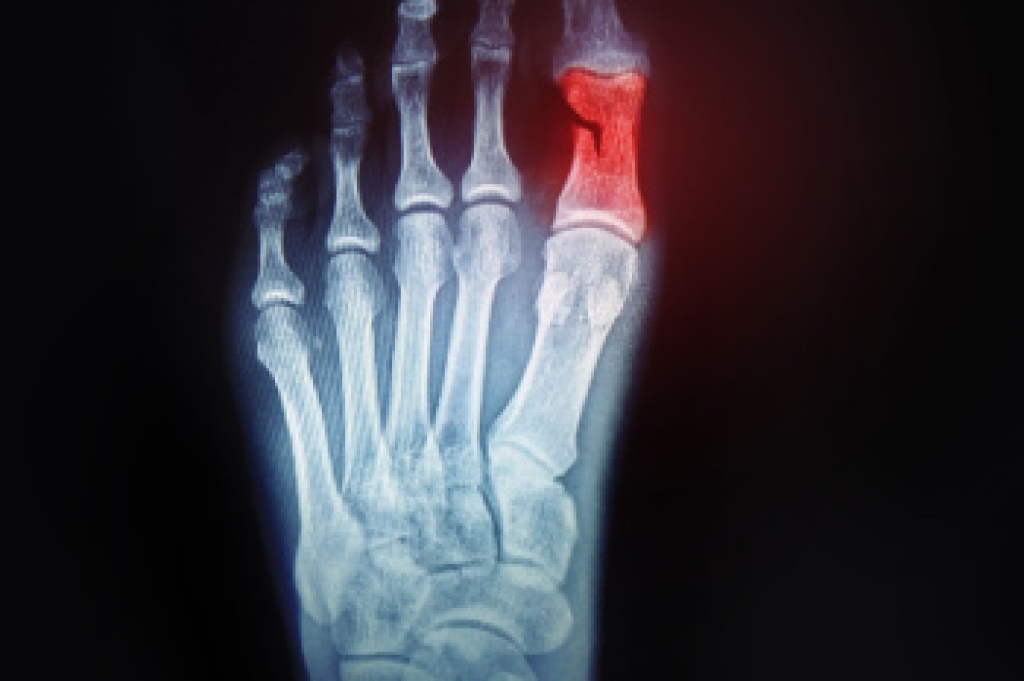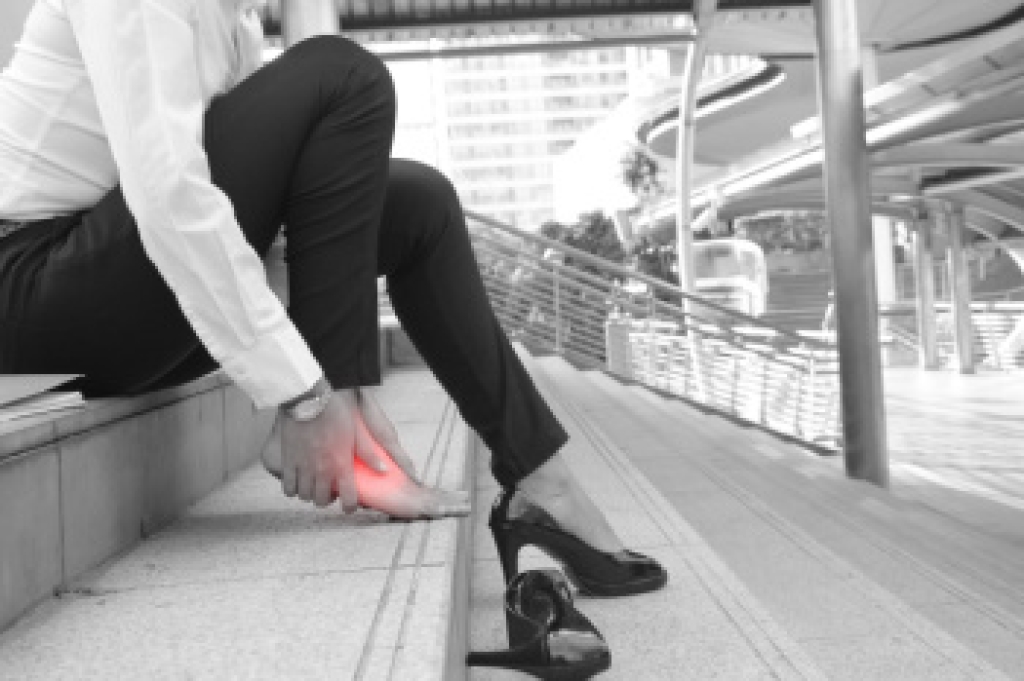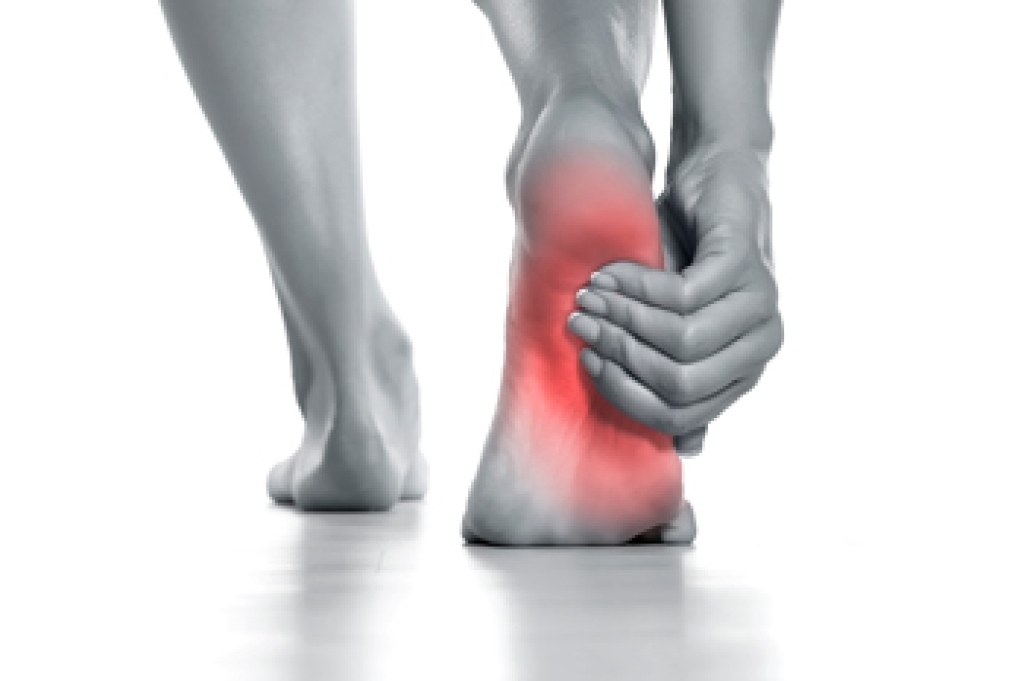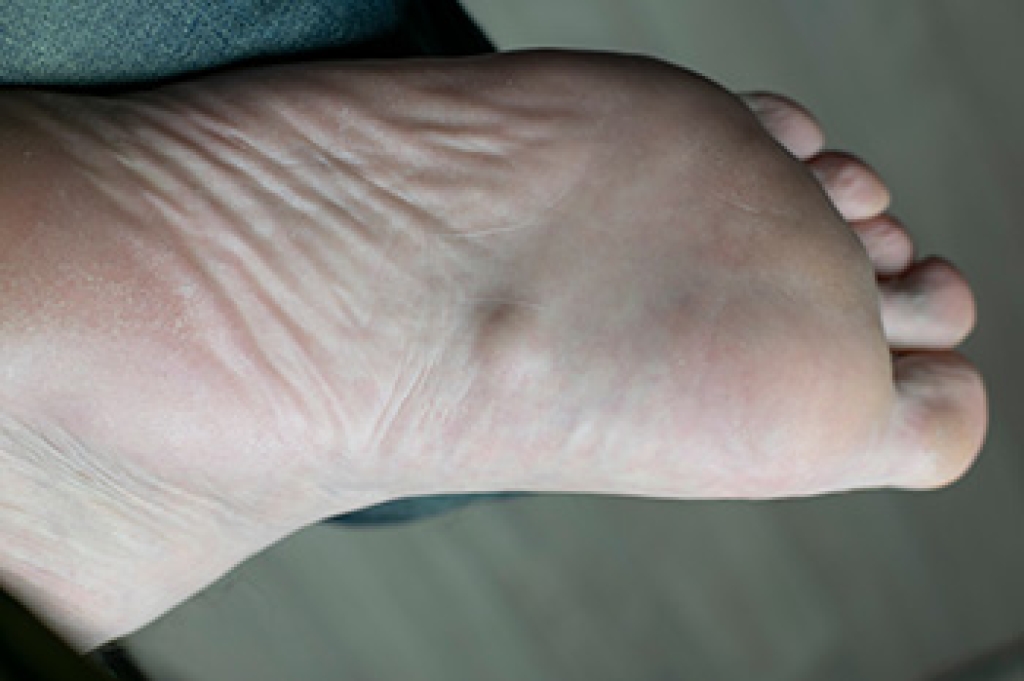
A broken toe is a fracture of one of the small bones in the toe, often caused by direct trauma or excessive force. This injury may occur from stubbing the toe, dropping a heavy object on the foot, or experiencing a sports-related accident. Common symptoms include sharp pain, swelling, bruising, tenderness, and difficulty walking. In some cases, the toe may appear misaligned or feel stiff. Diagnosis is typically made through a physical examination and confirmed with an X-ray to determine the extent of the fracture. A podiatrist can provide proper treatment, stabilization, and guidance for healing. If you have sustained a toe injury, it is suggested that you consult a podiatrist who can provide an accurate diagnosis and effective treatment solutions.
A broken toe can be very painful and lead to complications if not properly fixed. If you have any concerns about your feet, contact one of our podiatrists from Comprehensive Foot & Ankle Center. Our doctors will treat your foot and ankle needs.
What to Know About a Broken Toe
Although most people try to avoid foot trauma such as banging, stubbing, or dropping heavy objects on their feet, the unfortunate fact is that it is a common occurrence. Given the fact that toes are positioned in front of the feet, they typically sustain the brunt of such trauma. When trauma occurs to a toe, the result can be a painful break (fracture).
Symptoms of a Broken Toe
- Throbbing pain
- Swelling
- Bruising on the skin and toenail
- The inability to move the toe
- Toe appears crooked or disfigured
- Tingling or numbness in the toe
Generally, it is best to stay off of the injured toe with the affected foot elevated.
Severe toe fractures may be treated with a splint, cast, and in some cases, minor surgery. Due to its position and the pressure it endures with daily activity, future complications can occur if the big toe is not properly treated.
If you have any questions, please feel free to contact our offices located in Lehigh Ave and Nazareth Hospital in Philadelphia, Collegeville Darby, and Langhorne, PA . We offer the newest diagnostic and treatment technologies for all your foot care needs.




